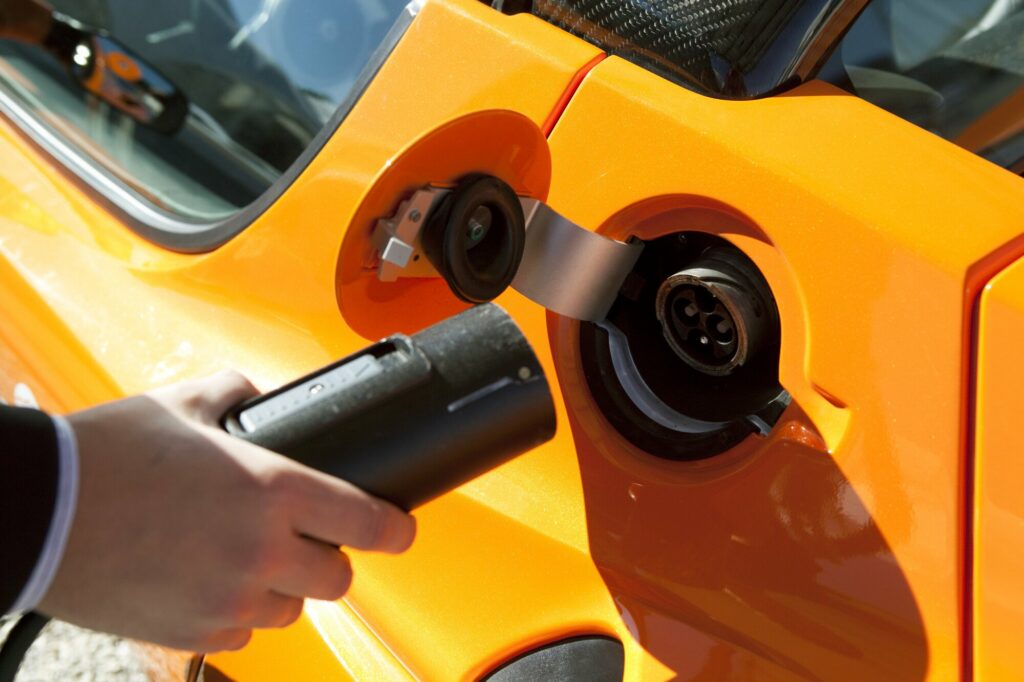In the rapidly evolving world of electric vehicles (EVs), landlords find themselves at the forefront of a significant paradigm shift. With more tenants opting for EVs and the growing demand for sustainable living, landlords have a unique opportunity to attract environmentally conscious renters.
One crucial aspect of accommodating EV-owning tenants is understanding the different types of EV charge cables.
This guide aims to empower landlords and individuals interested in installing solar panels or EV charging points on their properties with the knowledge they need to make informed decisions.
Types of EV Charge Cables
Now that we have a foundation of EV charging knowledge, let’s explore the different types of EV charge cables landlords and property owners should be aware of.
Level 1 Charging Cable
Level 1 charging cables are the most basic and typically come with the EV. They are convenient for overnight charging but are relatively slow.
These cables plug into standard 120V outlets, making them suitable for residential use. Landlords can encourage tenants to use Level 1 charging if they don’t need a fast charging solution.
Level 2 Charging Cable
Level 2 charging cables are a versatile choice for residential properties. They offer faster charging rates, making them suitable for both overnight and daytime charging.
Landlords can consider installing Level 2 charging stations in common areas or designated parking spaces to attract tenants with EVs.
DC Fast Charging Cable
While DC fast chargers are primarily found at public charging stations, landlords with commercial properties may consider installing them to attract a broader range of tenants.
DC fast charging cables can provide a significant amount of range in a short time, making them appealing to EV owners on the go.
Choosing the Right EV Charging Solution
Landlords and property owners looking to accommodate EV-owning tenants should consider the following factors when choosing an EV charging solution:
Tenant Needs
Survey tenants to understand their EV charging requirements. Some may prefer Level 1 charging for overnight use, while others may need faster Level 2 or DC fast charging options.
Property Type
Consider the property type (residential or commercial) and available infrastructure when deciding which charging stations to install.
Cost and ROI
Evaluate the cost of installation and potential return on investment. Some governments offer incentives and grants for EV charging infrastructure.
Future-Proofing
Keep in mind that EV technology is continuously evolving. Choose charging solutions that can adapt to future standards and technologies.
Maintenance
Factor in the maintenance and operational costs associated with EV charging stations. Just remember that maintenance is always a preventative action. The more you can take care now, the less you’ll have to pay down the line.
Find Out More About Eco Building Solutions Today
By understanding the different types of EV charge cables and considering these factors, landlords and property owners can make informed decisions to meet the growing demand for EV charging infrastructure.
Providing such amenities not only attracts environmentally conscious tenants but also positions properties as forward-thinking and sustainable in an increasingly green-conscious world.
Come and browse our services today and reach out to us to get your EV charging installation underway.

